Loading the player...
ASCO Guideline on Adjuvant Olaparib in Patients with HER2-negative Breast Cancer
A new rapid recommendation update from the American Society of Clinical Oncology promotes the use of adjuvant olaparib in patients with high-risk early-stage human epidermal growth factor receptor 2 (HER2)-negative breast cancer and germline BRCA mutations.
The update – a product of ASCO’S novel initiative to amend guidelines according to the latest practice-changing research – incorporates evidence from the OlympiA trial, which was presented at the society’s 2021 Annual Meeting and published in New England Journal of Medicine.
As part of the phase 3, double-blind, randomized trial, the investigators enrolled 1,836 patients with HER2-negative early breast cancer, along with BRCA1 or BRCA2 germline pathogenic or likely pathogenic variants, and high-risk clinicopathological factors. All participants had received previous local treatment and neoadjuvant or adjuvant chemotherapy.
Patients were randomly assigned to one year of treatment with either oral olaparib or placebo; the study’s primary endpoint was invasive disease-free survival.
The clinicians found that after a median follow-up period of 2.5 years, invasive disease-free survival was 85.9% in patients who received olaparib, compared with 77.1% among those who received placebo (hazard ratio for invasive disease/death 0.58; p<0.001). Similarly, the distant disease-free survival was 87.5% in olaparib patients and 80.4% in controls (hazard ratio for distant disease/death 0.57; p<0.001).
ASCO issued its provisional guideline update on the heels of these findings, focusing specifically on olaparib’s role in this setting.
“The findings from the OlympiA trial — presented just last week — mark a significant improvement in the care of these patients. ASCO’s Expert Guideline Panel and Evidence-based Medicine Committee noted this and then quickly produced and provisionally approved this guideline update to enable patients to begin to benefit from this research advance as quickly as possible,” Julie Gralow, MD, ASCO’s Executive Vice President and Chief Medical Officer, said in a statement.
ASCO’s updated guideline calls for one year of adjuvant olaparib to be offered after completion of (neo)adjuvant chemotherapy and local treatment, including radiation, in patients with early-stage, HER2-negative breast cancer with high risk of recurrence and germline BRCA1 or BRCA2 pathogenic or likely pathogenic variants.
In patients who first underwent surgery, adjuvant olaparib is recommended in patients with triple-negative breast cancer and tumor size >2 cm or any involved axillary nodes.
However, for patients with hormone receptor-positive disease, adjuvant olaparib is recommended in those with at least four involved axillary lymph nodes. By comparison, ASCO recommends adjuvant olaparib in patients who had neoadjuvant chemotherapy—if those individuals have triple-negative breast cancer and any residual cancer.
Finally, the update recommends adjuvant olaparib in patients with residual disease and an estrogen receptor status and tumor grade score ≥3.
The recommendations update the 2020 guideline from ASCO, the American Society for Radiation Oncology, and the Society of Surgical Oncology regarding the management of hereditary breast cancer. The new guidelines were given provisional approval by ASCO, but a formal assessment will follow.
By Michael Vlessides, /alert Contributor
.jpg)

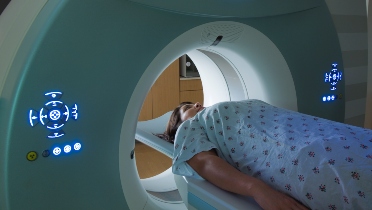




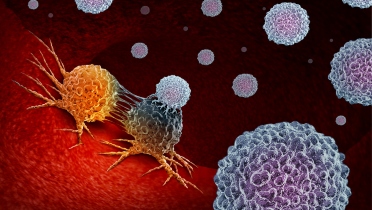




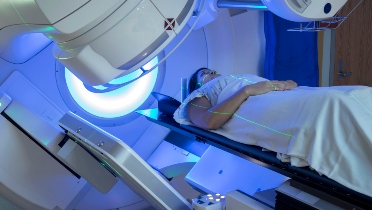



.jpg)
.jpg)
.jpg)
.jpg)
_.jpg)
.jpg)
.jpg)

.jpg)
.jpg)
.jpg)

.jpg)
.jpg)
.jpg)
.jpg)
.jpg)
.jpg)
.jpg)
.jpg)

.jpg)
.jpg)
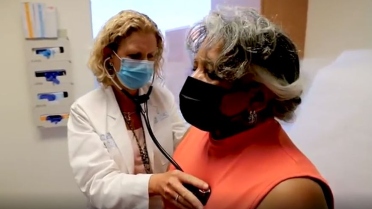
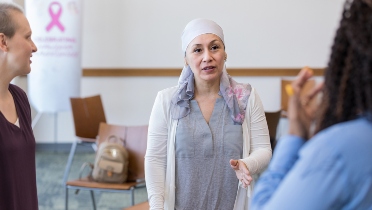
.jpg)
.jpg)
.jpg)
.jpg)

.jpg)
.jpg)
.jpg)
.jpg)
.jpg)
.jpg)
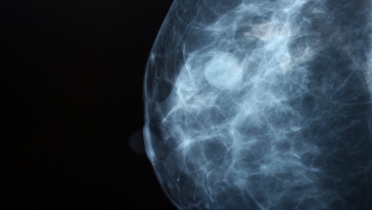
.jpg)

.jpg)
.jpg)
.jpg)

.jpg)
.jpg)


.jpg)
.jpg)
.jpg)
.jpg)
.jpg)

.jpg)

.jpg)
.jpg)
.jpg)
.jpg)
.jpg)
.jpg)
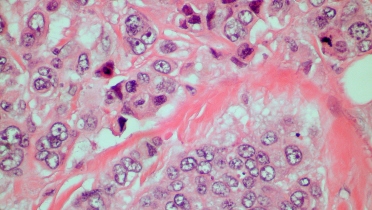

.jpg)

.jpg)
.jpg)
.jpg)

.jpg)
.jpg)

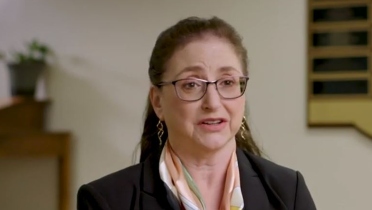


.jpg)
.jpg)
.jpg)
.jpg)
.jpg)
.jpg)

.jpg)

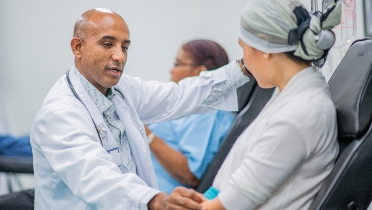
.jpg)

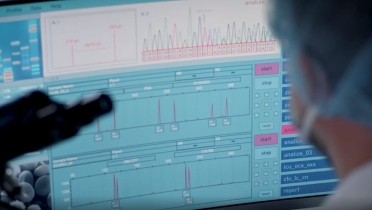
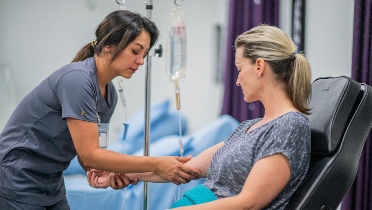

.jpg)
.jpg)
.jpg)
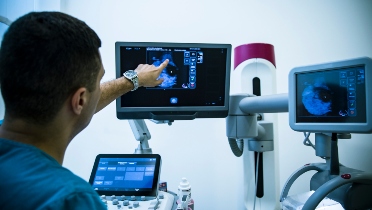
.jpg)
.jpg)
.jpg)
.jpg)
.jpg)

.jpg)
.jpg)
.jpg)
.jpg)

.jpg)
.jpg)

.jpg)
.jpg)
.jpg)
.jpg)
 Featured Breast Cancer Videos
Featured Breast Cancer Videos.jpg)